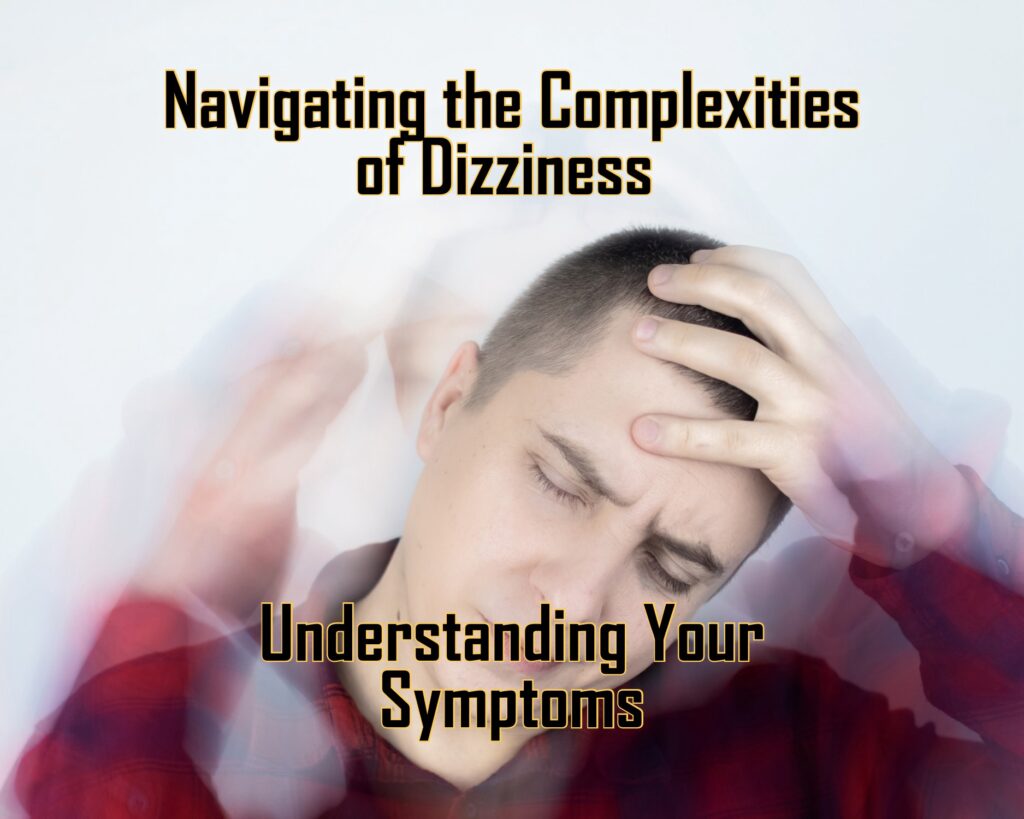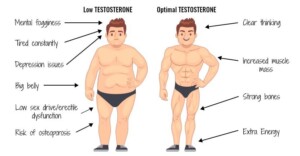The Evolving Nature of My Dizziness
My journey with dizziness has been a challenging and evolving experience. Initially, it felt like a boat-like sensation, but it has since progressed to vertigo, lightheadedness, and even feelings of faintness. A particularly distressing symptom I’ve encountered is a sudden drop feeling in my stomach, followed by a hot flush that makes me feel like I might pass out. This symptom can be alarming and disorienting, making it difficult to carry out everyday activities.
Understanding the Causes
Possible Triggers
- Inner Ear Issues: Vertigo and dizziness can often be traced back to inner ear problems, where the balance mechanisms are located.
- Neurological Conditions: Certain neurological disorders can also manifest symptoms like dizziness and lightheadedness.
- Blood Pressure Fluctuations: The feeling of faintness and hot flushes could be related to sudden changes in blood pressure.

Seeking Medical Advice
Given the complexity of these symptoms, it’s crucial to consult with a healthcare professional. They can provide a proper diagnosis and identify any underlying conditions that may be causing these symptoms.
Managing the Symptoms
Lifestyle Adjustments
- Stay Hydrated: Dehydration can exacerbate dizziness, so it’s important to drink plenty of fluids.
- Dietary Changes: A balanced diet, low in sodium and rich in essential nutrients, can help in managing vertigo symptoms.
- Avoid Sudden Movements: Quick changes in position can trigger dizziness, so it’s advisable to move slowly and deliberately.
Therapeutic Products
I’ve found that using specific products can help in managing my symptoms. For instance, the 🌟 Cervical Pillow for Neck Pain Relief 🌟 has been a significant aid. This contour memory foam pillow provides ergonomic orthopedic neck support, which is essential since neck issues can sometimes contribute to dizziness and vertigo.
Benefits of the Cervical Pillow
- Neck Alignment: Proper alignment of the neck during sleep can reduce tension and pressure that might contribute to dizziness.
- Orthopedic Support: The ergonomic design helps in maintaining a comfortable sleeping position, which can improve overall sleep quality.
- Breathable Material: The breathable pillowcase ensures a cool and comfortable sleep, which is beneficial for those who experience hot flushes.
Dealing with evolving dizziness symptoms like vertigo, lightheadedness, and feelings of faintness can be challenging. Understanding the potential causes and seeking medical advice are crucial steps in managing these symptoms. Additionally, incorporating supportive products like the 🌟 Cervical Pillow for Neck Pain Relief 🌟 into your daily routine can provide some relief and improve overall well-being. Remember, each individual’s experience with dizziness is unique, and finding the right combination of treatments and lifestyle adjustments is key to managing these symptoms effectively.
Health Survivalist provides valuable insights into managing conditions like chronic dizziness and pain. Here are some articles from their site that might offer further understanding and coping strategies:
- My Daily Struggle with Dizziness and Pain: Seeking Relief: This article delves into the challenges of living with dizziness and pain, offering personal experiences and potential solutions for those facing similar struggles.
- Navigating Allergies and Sinus Issues: The Role of Flonase: Explore the effectiveness of Flonase in managing allergies and sinus problems, which can be contributing factors to dizziness and discomfort.
- Soothing Sinus Troubles with a Therapeutic Bath: My Personal Experience: Discover how therapeutic baths can provide relief from sinus troubles, potentially reducing symptoms of dizziness and pain.
For more information on managing chronic conditions like dizziness and pain, visit Health Survivalist. Their articles offer practical advice and insights for those dealing with these challenging health issues.
How Can I Manage Dizziness and Vertigo at Home?
Managing dizziness and vertigo at home involves a combination of lifestyle adjustments and home remedies. First, it’s important to identify triggers that may exacerbate your symptoms, such as certain movements or activities. Incorporating balance exercises can help strengthen your vestibular system. Additionally, staying hydrated and maintaining a healthy diet can support overall well-being. For immediate relief during a dizzy spell, sitting or lying down in a comfortable position and focusing on a stationary object can help stabilize your senses.
Are There Any Effective Home Remedies for Vertigo?
Several home remedies can be effective in managing vertigo. One well-known technique is the Epley Maneuver, which involves specific head and body movements to reposition crystals in the inner ear. Ginger, known for its anti-nausea properties, can also be helpful. Drinking ginger tea or taking ginger supplements may alleviate vertigo symptoms. Additionally, essential oils like peppermint and lavender used in aromatherapy can provide a calming effect and may reduce feelings of dizziness.
What Role Does Neck Position Play in Dizziness?
Neck position can significantly impact dizziness, especially if you have cervical vertigo. Poor posture and prolonged strain on the neck muscles can lead to dizziness and imbalance. Using ergonomic pillows, like the 🌟 Cervical Pillow for Neck Pain Relief 🌟, can help maintain proper neck alignment during sleep, potentially reducing the frequency and intensity of dizziness episodes. It’s also important to be mindful of your posture during the day, especially if you spend long hours at a desk or looking at screens.
Can Stress and Anxiety Contribute to Dizziness?
Stress and anxiety are common contributors to dizziness. They can trigger or worsen symptoms of vertigo and imbalance. Managing stress through relaxation techniques like deep breathing, meditation, and yoga can be beneficial. Seeking support from a therapist or counselor can also help address underlying anxiety issues. Remember, mental health is closely linked to physical symptoms like dizziness, so taking care of your emotional well-being is crucial.
When Should I Seek Medical Attention for Dizziness?
While many cases of dizziness can be managed at home, it’s important to seek medical attention if your symptoms are severe, persistent, or accompanied by other concerning signs like hearing loss, severe headaches, or neurological symptoms. A healthcare professional can provide a proper diagnosis and treatment plan. In some cases, dizziness can be a symptom of a more serious underlying condition that requires medical intervention.
As an Amazon Associate we earn from qualifying purchases through some links in our articles.




